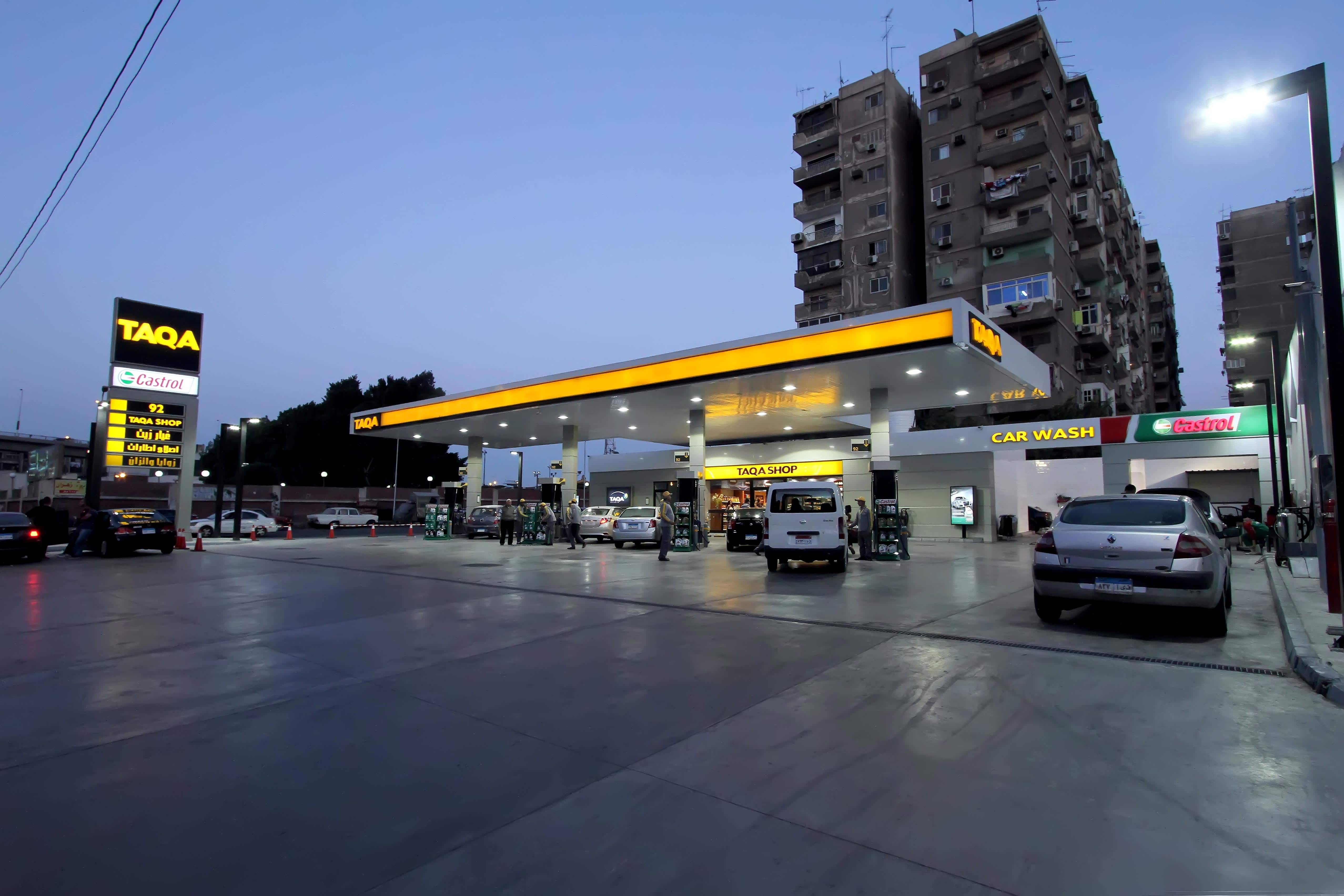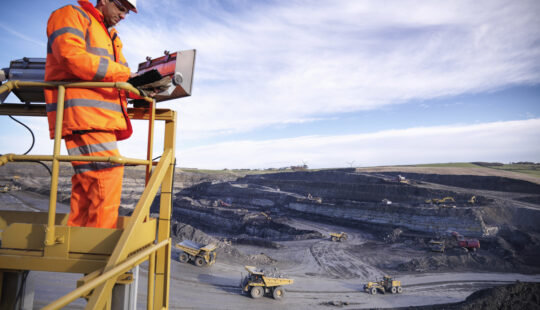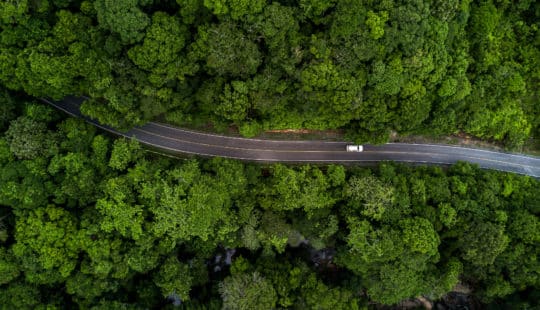Taqa is the Arabic word for energy. Defined as the capacity of a physical system to perform work, energy can be transferred between objects but, as the first law of thermodynamics states, it can neither be created nor destroyed. Energy can only be transferred or changed from one form to another.
“Energy is the main source of life, and no human being can live without it,” says Pakinam Kafafi, CEO of TAQA Arabia, the leader in energy distribution across Egypt and the surrounding region. “It is essential in making our lives better, yet we know that our current use is critically affecting the environment and thus the earth’s climate.”
At 45, Kafafi is one of the most powerful businesswomen in Egypt and the Middle East. She is also the mother of two young children who are helping her rethink the future. As an expert in business transformation, she understands the need for technology to minimise the impact of energy on the environment and the urgency for finding alternatives to harmful sources like fossil fuels.
TAQA Heeds the Call for Change
“My nine-year-old daughter has a resolution for this year: She has announced the ban of any single-use plastic in our house,” Kafafi says with a smile. “Young people today are leading the way. Every person with a brain knows the next generation must be green. But that is easier said than done.”
Kafafi entered university at the age of 16 with a keen interest in business and economics, and now believes transformation must happen in parallel. As the executive leader of a company serving more than 1.2 million customers their daily need of energy, she is keenly aware of resource scarcity, cost, and the need for efficiency.
She also believes Egypt can play a leading role by introducing new energy options in the region — for example, by moving away from oil and replacing it with gas as an interim option. The long-term goal, however, is to build up renewable energy sources.
This approach aligns with the Egyptian government’s goal under a plan from the New and Renewable Energy Authority to provide around 50 percent of the country’s energy needs through renewable energy — mainly wind and solar — by 2030.
In addition to meeting the demands of the domestic market, the vision is to help Egypt become a clean energy hub for the region.
This strategy for sustainable economic reform along with the discovery of the offshore giant Zohr gas field in the East Mediterranean are behind the prediction by Standard Chartered Bank that Egypt will be one of the top 10 global economies in just 10 years — ranked seventh ahead of Russia, Japan, and Germany.
Facing the Energy Challenge
As the prime distributor of gas in Egypt and the Middle East and North Africa (MENA) region, and with vast rural areas and underdeveloped cities with little or no infrastructure, TAQA Arabia has a big job ahead.
Liquefied petroleum gas bottles are still widely used in rural and remote areas off the national grid, both for home cooking and commercial use. Replacing the highly subsidised, imported liquefied petroleum gas with piped natural gas has many advantages, including safety, availability, and reduced environmental impact. It also decreases the country’s import and subsidy burden.
TAQA Arabia operates in three key areas: delivering natural gas to residential, commercial, and industrial clients; providing a platform for conventional and renewable power generation and distribution for sectors such as oil and gas, petrochemicals, and real estate; and being the sole manufacturer and distributor of Castrol products and lubricants in the Egyptian market.
TAQA Solar, the company’s renewable energy arm has a solar power plant in Benban and is part of the biggest photovoltaic park in the world. The project is a government program funded with $72 million from the International Finance Corporation (IFC) and other development banks.

Transitioning with Ease
“TAQA Arabia has always been focused on delivering power from conventional sources,” explains Kafafi. “But when the government launched the feed in tariff program, we were among the first to apply and show interest in developing such a giant project.”
For Kafafi, transformation is about flexibility. The company, for example, has introduced a hybrid option, so people can use solar energy during the day and switch to other conventional sources at night. She sees potential in many aspects of the energy industry, whether developing rooftop solar panels for commercial use in industrial zones or penetrating the untapped water desalination market using renewable energy and sustainable technologies.
Growing up with a father who was active in the oil and gas sector, Kafafi was fascinated by the details and management tasks behind big corporations. When starting her own career path, she opted for investment banking at one of Egypt’s leading investment firms, EFG Hermes, where she gained solid experience working on mergers and acquisitions. She first joined the energy sector when appointed investment director for TAQA Arabia, before eventually becoming CEO.
“We are a very flexible company,” Kafafi asserts. “As well as being a first mover and a market innovator in many aspects, we’re relying on technology like SAP S/4HANA to help us manage and analyse our data. And it’s a great tool for forecasting and planning.”



